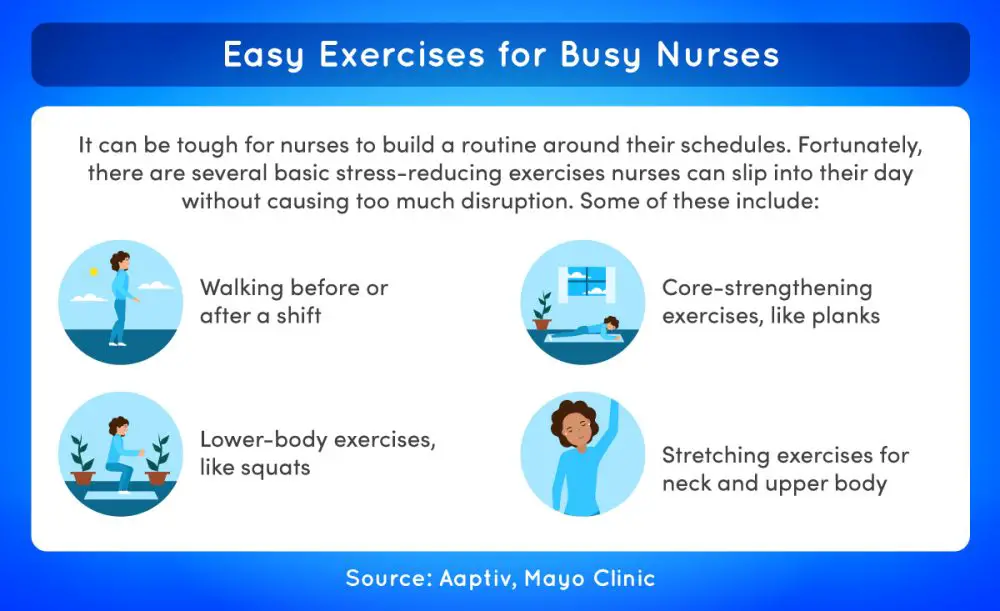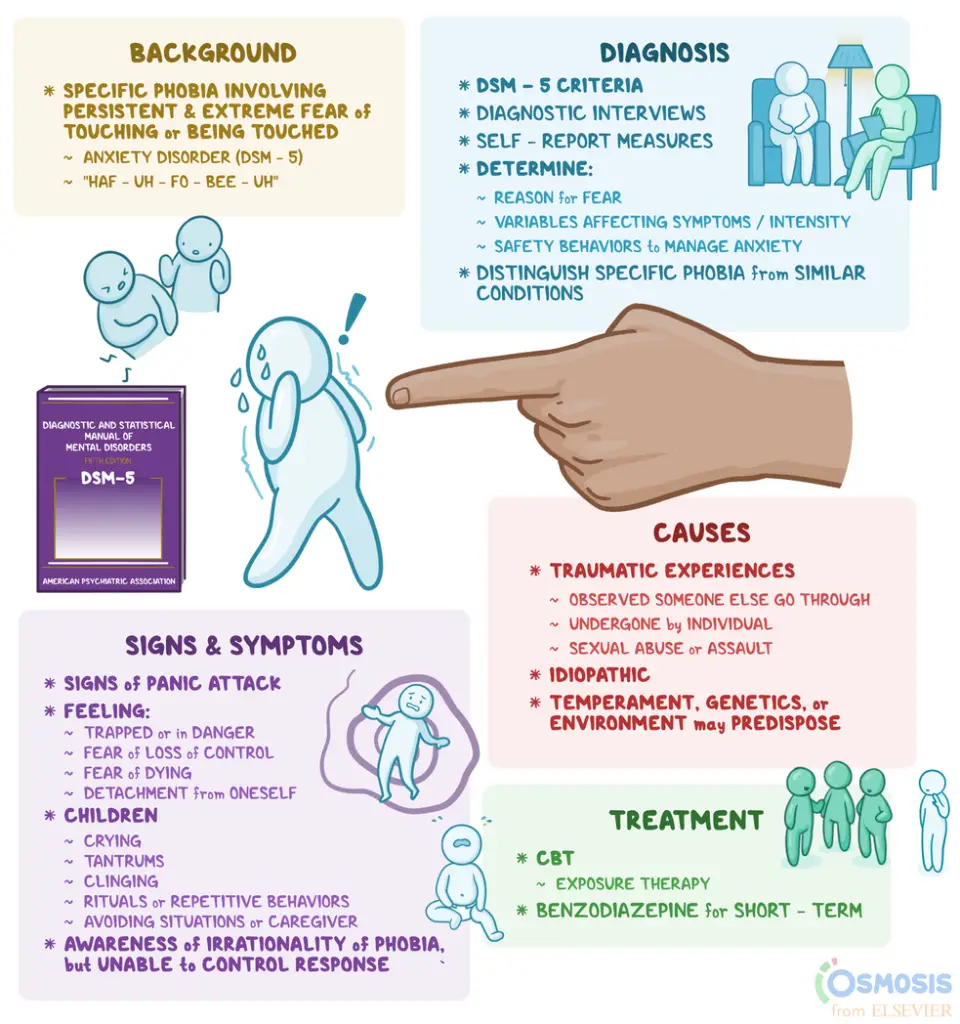If you or someone you know is going through cancer treatment and experiencing anxiety or depression symptoms, there is promising news. Mindfulness-Based Interventions (MBIs), along with other alternative therapies like yoga, relaxation, music therapy, reflexology, and aromatherapy, have been recommended as effective treatments for anxiety symptoms during active cancer treatment. After cancer treatment, MBIs, yoga, acupuncture, tai chi and/or qigong, and reflexology are recommended for managing anxiety symptoms. Furthermore, MBIs, yoga, music therapy, relaxation, and reflexology are recommended for treating depression symptoms during cancer treatment, while MBIs, yoga, and tai chi and/or qigong are recommended for managing depression symptoms after cancer treatment. These guidelines, issued by the Society for Integrative Oncology and American Society of Clinical Oncology, provide evidence-based recommendations to healthcare providers, encouraging comprehensive cancer centers to prioritize the incorporation of MBIs into patient care.

This image is property of images.unsplash.com.
Understanding the Impact of Cancer and Anxiety
Acknowledging the occurrence of anxiety during cancer treatment
Cancer is a life-altering diagnosis that often brings about feelings of fear, uncertainty, and anxiety. It’s completely normal to experience anxiety during cancer treatment, as it involves undergoing various medical procedures, facing potential side effects, and dealing with the emotional toll that comes with the disease. It is important to acknowledge and address the occurrence of anxiety in cancer patients, as unmanaged anxiety can have significant consequences on their overall well-being.
Link between cancer and anxiety levels
Extensive research has shown a strong link between cancer and increased anxiety levels. The uncertainty associated with cancer, coupled with concerns about treatment outcomes, can significantly contribute to anxiety. Additionally, factors such as pain, physical discomfort, and changes in body image can further exacerbate anxiety symptoms in cancer patients. It’s crucial to recognize the impact that cancer has on anxiety levels in order to effectively manage and provide the necessary support for patients.
Consequences of unmanaged anxiety in cancer patients
Unmanaged anxiety in cancer patients can have detrimental effects on their overall quality of life. It can lead to increased levels of stress, sleep disturbances, impaired cognitive function, and weakened immune system. Additionally, anxiety can interfere with treatment adherence and result in a decreased ability to cope with the challenges of cancer. Addressing and managing anxiety in cancer patients is essential not only for their emotional well-being but also for optimizing treatment outcomes.
Overview of Mindfulness-Based Interventions (MBIs)
Definition of Mindfulness-Based Interventions
Mindfulness-Based Interventions (MBIs) refer to therapeutic approaches that incorporate mindfulness practices to promote well-being and reduce distress. These interventions focus on cultivating present moment awareness, non-judgment, and acceptance. MBIs can be utilized as standalone interventions or as a complementary approach in conjunction with conventional cancer treatments.
Common practices in MBIs
The practices commonly employed in MBIs include mindfulness meditation, body scan, mindful breathing, and loving-kindness meditation. These practices aim to enhance self-awareness, increase emotional resilience, and foster a sense of acceptance and compassion towards oneself and others. MBIs encourage individuals to observe their thoughts, emotions, and bodily sensations without judgment, allowing them to develop a deeper understanding and acceptance of their experiences.
Utilization of MBIs in healthcare
MBIs have gained recognition and popularity in healthcare settings due to their potential benefits in promoting psychological well-being and reducing distress. These interventions have been widely used in the management of various mental health conditions, including anxiety and depression. In recent years, there has been a growing body of research supporting the efficacy of MBIs in cancer care, specifically in alleviating anxiety symptoms and improving coping strategies among cancer patients.
Role of MBIs in Managing Anxiety during Active Cancer Treatment
Evidence demonstrating effectiveness of MBIs
Numerous studies have provided evidence supporting the effectiveness of MBIs in reducing anxiety levels during active cancer treatment. Research has shown that incorporating MBIs into cancer care significantly decreases anxiety symptoms and improves overall emotional well-being. By promoting mindfulness and self-compassion, MBIs empower individuals to face the challenges of cancer treatment with greater resilience and acceptance.
Mechanism of MBIs in reducing anxiety
The mechanism of how MBIs reduce anxiety in cancer patients is multifaceted. Mindfulness practices help individuals detach from distressing thoughts and emotions, reducing rumination and worry. Additionally, MBIs enhance emotional regulation skills and cultivate a non-reactive attitude towards internal and external stressors. By focusing on the present moment, individuals engage in self-care and develop a greater sense of control over their emotions and thoughts, thus reducing anxiety and increasing overall well-being.
Different types of MBIs recommended during active cancer treatment
Several types of MBIs are recommended for managing anxiety during active cancer treatment. Mindfulness-Based Stress Reduction (MBSR), Mindfulness-Based Cancer Recovery (MBCR), and Acceptance and Commitment Therapy (ACT) are among the most studied and widely used MBIs in cancer care. These programs offer a structured approach to mindfulness practice and provide cancer patients with the tools and techniques necessary to cope with anxiety and distress.
Integration of Yoga in MBIs
Explaining the premise of yoga
Yoga is a holistic mind-body practice that combines physical postures, breathing exercises, and meditation. It originated in ancient India and has been practiced for centuries as a means of promoting physical, mental, and spiritual well-being. The integration of yoga in MBIs adds an additional element to mindfulness practice, incorporating the physical movements and breathing techniques of yoga into the mindfulness-based approach.
Benefits of yoga in anxiety management during cancer treatment
Yoga has been recognized for its numerous benefits in managing anxiety during cancer treatment. The combination of physical movement, controlled breathing, and meditation in yoga helps to reduce stress hormones and activate the body’s relaxation response. The gentle stretching and strengthening of muscles promote physical comfort and improve overall well-being. Additionally, yoga provides individuals with a sense of control and empowerment over their bodies, helping to alleviate anxiety and foster a positive mindset.
Effective yoga practices for cancer patients
Various yoga practices have been found to be effective in managing anxiety in cancer patients. Gentle yoga, restorative yoga, and chair yoga are commonly recommended for individuals undergoing cancer treatment. These practices allow for modifications and adaptations to accommodate physical limitations and ensure comfort and safety. Incorporating yoga into MBIs provides an excellent opportunity for cancer patients to engage in physical activity, promote relaxation, and enhance their overall well-being.

This image is property of images.unsplash.com.
Use of Relaxation Techniques in MBIs
Role of relaxation methods in managing anxiety
Relaxation techniques play a crucial role in managing anxiety during cancer treatment. Cancer-related anxiety can lead to increased muscle tension, restlessness, and difficulty sleeping. By incorporating relaxation methods in MBIs, individuals can effectively counteract these physical and psychological symptoms, promoting a state of calm and reducing anxiety levels. Relaxation techniques help activate the body’s relaxation response, leading to reduced stress and enhanced well-being.
Inclusion of relaxation exercises in MBIs
MBIs often incorporate various relaxation exercises to provide individuals with the tools they need to manage anxiety. These exercises may include progressive muscle relaxation, guided imagery, deep breathing exercises, and autogenic training. By practicing these techniques, individuals can develop a greater sense of control over their stress response and manage anxiety effectively. The inclusion of relaxation exercises in MBIs empowers cancer patients to proactively address their anxiety symptoms and improve their overall quality of life.
Effectiveness of relaxation techniques in cancer patients
Numerous studies have shown the effectiveness of relaxation techniques in reducing anxiety levels in cancer patients. Research has demonstrated that practicing relaxation exercises as part of MBIs leads to significant reductions in anxiety symptoms and improvements in overall well-being. These techniques provide individuals with practical skills that they can utilize in their everyday lives, allowing them to actively participate in their own anxiety management and improve their emotional well-being.
Music Therapy as a tool in MBIs
Understanding the importance of music therapy
Music therapy involves the clinical use of music and sound-based experiences to address physical, emotional, cognitive, and social needs. It is a therapeutic modality that utilizes the elements of music, such as rhythm, melody, and harmony, to facilitate emotional expression and enhance overall well-being. Music has a unique ability to evoke emotional responses and has been extensively used in healthcare settings as a tool for managing anxiety and promoting relaxation.
Use of music therapy in managing anxiety symptoms
Music therapy has been found to be effective in managing anxiety symptoms in cancer patients. Listening to calming and soothing music can elicit relaxation responses, reducing anxiety levels and promoting a sense of calm. Music therapy sessions can involve active music-making, such as playing an instrument or singing, or passive music listening. Both approaches have been shown to alleviate anxiety symptoms and provide emotional support to cancer patients during their treatment journey.
Impact of music therapy on cancer patients
The impact of music therapy on cancer patients extends beyond anxiety reduction. Research has shown that music therapy can enhance emotional well-being, improve mood, alleviate pain, and enhance overall quality of life in cancer patients. The therapeutic and expressive qualities of music provide individuals with a means of self-expression and emotional release, making it a valuable addition to MBIs for anxiety management during cancer treatment.

This image is property of images.unsplash.com.
Exploration of Reflexology and Aromatherapy as part of MBIs
Definition of reflexology and its benefits
Reflexology is a complementary therapy that involves the application of pressure to specific points on the feet, hands, or ears. These points are believed to correspond to specific organs and systems in the body. Reflexology aims to promote relaxation, relieve tension, and restore balance in the body. It is often used alongside other MBIs to provide additional support in managing anxiety symptoms during cancer treatment.
Explication of aromatherapy and its role in easing anxiety
Aromatherapy utilizes essential oils extracted from plants to promote physical, emotional, and psychological well-being. These oils are typically inhaled or applied topically, and their aromatic compounds stimulate the senses and trigger various physiological responses in the body. Aromatherapy has shown promising results in easing anxiety symptoms, promoting relaxation, and improving emotional well-being in cancer patients.
Efficacy of reflexology and aromatherapy in cancer patients
Research on the efficacy of reflexology and aromatherapy in cancer patients suggests that these approaches can be beneficial in managing anxiety during cancer treatment. Reflexology has been found to reduce anxiety levels, improve sleep quality, and enhance overall well-being in cancer patients. Similarly, aromatherapy has shown to decrease anxiety levels, improve mood, and promote a sense of calm in individuals undergoing cancer treatment. Incorporating reflexology and aromatherapy into MBIs provides cancer patients with additional strategies for managing anxiety and promoting overall well-being.
Implementing MBIs Post-Cancer Treatment
Recommended MBIs after cancer treatment for anxiety symptoms
After completing cancer treatment, many individuals continue to experience anxiety symptoms. It is important to provide support and resources to help patients manage anxiety during the post-treatment phase. MBIs, such as mindfulness-based relapse prevention and yoga, have been recommended for managing anxiety symptoms after cancer treatment. These interventions offer individuals the tools and skills necessary to cope with anxiety and navigate the emotional challenges that may arise during this phase.
Using MBIs for managing depression post-cancer treatment
In addition to anxiety, cancer survivors may also experience symptoms of depression post-treatment. MBIs have been shown to be effective in managing depression symptoms in this population. Mindfulness-based cognitive therapy, yoga, and tai chi and/or qigong have been recommended for managing depression after cancer treatment. These interventions help individuals develop emotional resilience, improve self-regulation, and cultivate a positive mindset, all of which contribute to better mental health outcomes.
Long term effects of MBIs
The long-term effects of MBIs extend beyond the immediate management of anxiety and depression symptoms. Research has shown that individuals who engage in regular MBIs experience sustained improvements in emotional well-being, enhanced coping strategies, and better overall quality of life. By integrating MBIs into cancer care, healthcare providers can support long-term psychological well-being and provide patients with the tools to navigate the challenges of survivorship.

Presenting Guidelines on Integrative Approaches for Anxiety and Depression
Evidence-based guidelines by Society for Integrative Oncology and American Society of Clinical Oncology
The Society for Integrative Oncology (SIO) and the American Society of Clinical Oncology (ASCO) have developed evidence-based guidelines for integrative approaches to managing anxiety and depression during and after cancer treatment. These guidelines provide healthcare providers with recommendations on the use of MBIs, yoga, acupuncture, tai chi and/or qigong, reflexology, and aromatherapy in addressing anxiety and depression symptoms in cancer patients. By following these guidelines, healthcare practitioners can ensure the implementation of effective and evidence-based interventions to support patient well-being.
Implementation of these guidelines in clinical settings
It is essential for healthcare providers, including oncologists, nurses, and mental health professionals, to be aware of and implement these evidence-based guidelines in clinical settings. By integrating MBIs and other complementary approaches into cancer care, healthcare teams can provide comprehensive and personalized support to patients. This integration requires training and education for healthcare providers to ensure the safe and effective implementation of these interventions.
Effectiveness of guidelines on patient outcomes
The implementation of evidence-based guidelines on integrative approaches for anxiety and depression has shown significant benefits for patient outcomes. Studies have demonstrated that when healthcare providers incorporate MBIs and other complementary approaches into cancer care, patients experience reduced anxiety and depression symptoms, improved psychological well-being, and enhanced quality of life. By prioritizing these guidelines and integrating MBIs into cancer care, healthcare providers can provide holistic and effective support for patients throughout their treatment journey.
The Importance of Prioritizing MBIs in Cancer Care
Role of MBIs in improving quality of life
MBIs play a crucial role in improving the quality of life for cancer patients. By addressing anxiety and depression symptoms, these interventions contribute to improved emotional well-being, enhanced coping strategies, and increased overall satisfaction. MBIs assist individuals in navigating the challenges and uncertainties of cancer treatment, promoting resilience, and fostering a positive mindset. The integration of MBIs in cancer care ensures that patients receive comprehensive support that addresses their psychological, emotional, and physical needs.
Encouragement of comprehensive cancer centers to integrate MBIs
Comprehensive cancer centers are encouraged to prioritize the integration of MBIs into their treatment programs. By offering MBIs as part of standard care, cancer centers can provide patients with accessible and evidence-based interventions to manage anxiety and depression. This integration requires collaboration among healthcare providers, administration, and support staff to ensure the seamless incorporation of MBIs into existing treatment plans.
Impact of prioritizing MBIs in patient care
Prioritizing MBIs in patient care has a significant impact on the overall well-being of cancer patients. By addressing anxiety and depression, MBIs improve treatment outcomes, enhance patient satisfaction, and contribute to a positive treatment experience. The intentional inclusion of MBIs signals to patients that their psychological and emotional well-being is valued and prioritized. This, in turn, helps to foster a sense of trust, empowerment, and collaboration between healthcare providers and patients.
The implications for cancer care beyond treatment phase
The integration of MBIs into cancer care extends beyond the treatment phase. By equipping patients with mindfulness and coping skills, MBIs provide individuals with valuable tools to navigate the challenges of survivorship and beyond. Cancer survivors often face ongoing emotional and psychological difficulties, and MBIs can serve as a lifelong resource to support their ongoing well-being. Prioritizing MBIs in cancer care helps to establish a foundation for long-term emotional resilience and optimal quality of life for cancer survivors.
In conclusion, understanding the impact of cancer and anxiety is crucial in providing comprehensive care for cancer patients. Mindfulness-Based Interventions, including yoga, relaxation techniques, music therapy, reflexology, and aromatherapy, offer effective strategies for managing anxiety and promoting well-being during and after cancer treatment. The implementation of evidence-based guidelines and the prioritization of MBIs in cancer care can significantly improve patient outcomes and enhance the overall quality of life for individuals affected by cancer. By integrating these approaches into clinical settings and prioritizing patient well-being, healthcare providers can offer holistic support that addresses the psychological and emotional needs of cancer patients throughout their treatment journey.



